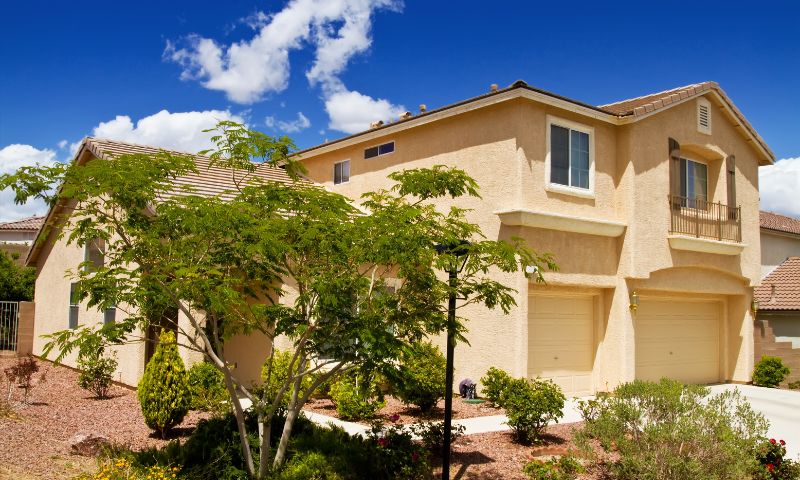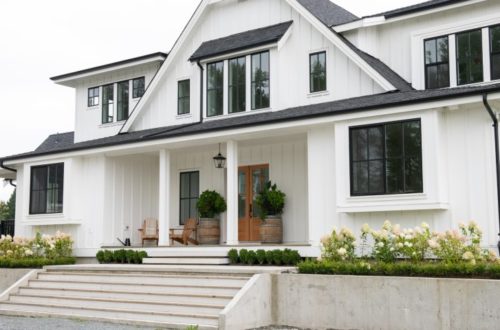How To Plan Your Home Garden With Sustainability in Mind

Creating a home garden promotes a greener environment and offers long-term benefits. Planning your home garden with sustainability in mind involves making mindful choices that reduce environmental impact, conserve resources, and enhance the local ecosystem. By focusing on water-saving techniques, using eco-friendly tools, and encouraging biodiversity, you can make your garden a haven for plants and wildlife.
Choose Plants That Suit Your Climate
The plants you select determine the sustainability of your garden. Opt for native and climate-appropriate plants that naturally thrive in your area. Native plants require less water and maintenance since they adapt well to the local soil, rainfall, and temperature.
These plants also support local ecosystems by providing food and habitat for native wildlife. By choosing native plants, you save water, reduce dependency on fertilizers, and lower the risk of pests and diseases that can harm your garden.
Enrich Your Soil With Compost
Healthy soil provides a strong foundation for your garden and promotes sustainable growth. Instead of using chemical fertilizers, create compost with kitchen scraps, yard waste, and other organic materials.
Composting enriches the soil with nutrients and helps it retain moisture, which reduces the need for frequent watering. Composting also nourishes plants, reduces waste, and keeps organic matter out of landfills. You can mix compost into your soil to improve its structure, making it more fertile and ideal for plant growth.
Conserve Water With Smart Irrigation
Water conservation is key to sustainable gardening, and smart irrigation strategies are important for making this possible. Plan for efficient irrigation by setting up a drip irrigation system or using soaker hoses that deliver water directly to the roots.
Drip irrigation minimizes water waste by reducing evaporation. You can also collect rainwater with barrels and use it for watering your plants. Placing mulch around plants helps retain soil moisture, keeping roots cool and reducing the need for frequent watering. You may also want to consider maintaining your landscape with regular irrigation services to keep your land and garden in top condition.
Choose Eco-Friendly Tools and Materials
Every element of your garden contributes to sustainability, including your tools and supplies. Choose biodegradable or recyclable materials and avoid single-use plastics.
Many sustainable tools come from bamboo or recycled metal, providing eco-friendly alternatives to conventional gardening tools. Instead of synthetic fertilizers, opt for natural soil amendments and use organic pest control methods to protect your plants without harming the environment.
Support Biodiversity and Attract Pollinators
Biodiversity strengthens your garden by creating a balanced ecosystem. Planting flowers and shrubs that attract pollinators invites bees, butterflies, and other beneficial insects into your garden. Choose plants like lavender, sunflowers, and coneflowers, which attract these pollinators.
Pollinator insects fertilize plants, ensuring a healthy garden full of blooming flowers and fruits. Incorporate a mix of flowering plants to provide food for pollinators throughout the growing season. By encouraging biodiversity, you create a garden that thrives naturally.
Reap the Rewards of a Sustainable Garden
A sustainable garden benefits both you and the environment. You’ll enjoy lower maintenance and fewer costs, as native plants, composted soil, and efficient irrigation require less input. Sustainable gardening also nurtures a habitat that supports local wildlife, strengthening your connection with nature.
Planning your home garden with sustainability in mind helps you create a beautiful garden that conserves resources and positively impacts the environment. Embrace sustainable practices in your home garden and enjoy the rewards of a thriving, eco-friendly space.
Would you like to receive similar articles by email?





